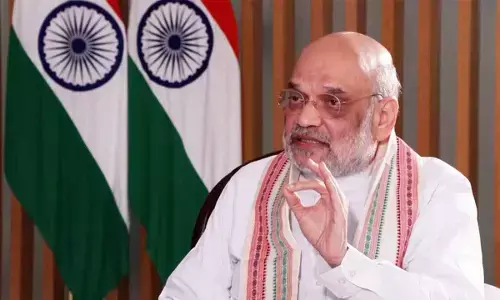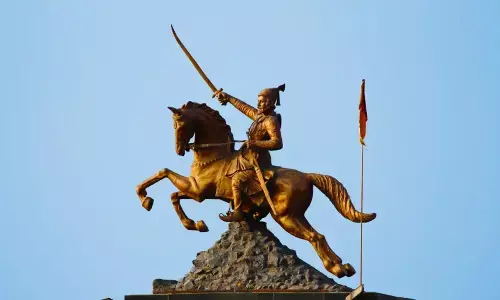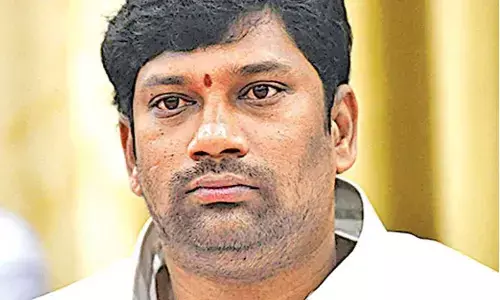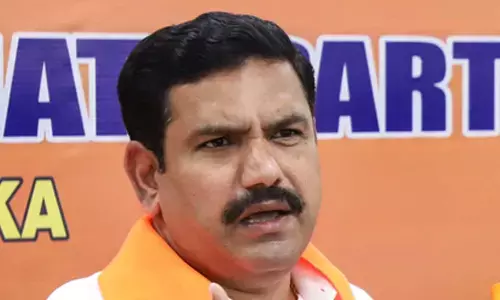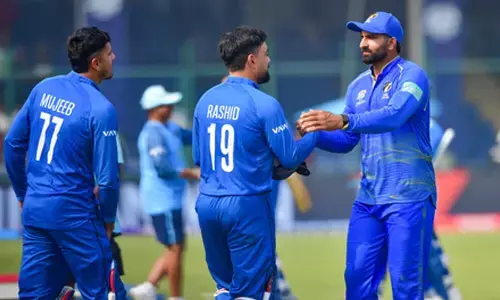Modi scripted the demon twist, I wrote around it: Ravi Subramanian
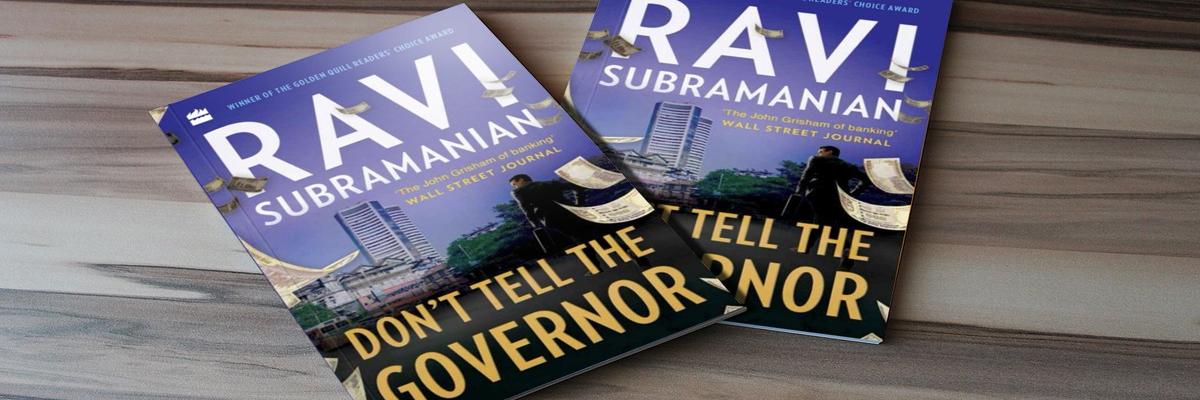
When long queues waited at ATMs following demonetisation in 2016, publisher Ananth Padmanabhan called author Ravi Subramanian, whose stories are set in the financial services industry, and asked Are you thinking what I am thinking Knowing full well that Padmanabhan never missed a publishing opportunity, Subramanian smiled and said Demonetisation it is That set in motion an exercise that ha
When long queues waited at ATMs following demonetisation in 2016, publisher Ananth Padmanabhan called author Ravi Subramanian, whose stories are set in the financial services industry, and asked: “Are you thinking what I am thinking?” Knowing full well that Padmanabhan never missed a publishing opportunity, Subramanian smiled and said: “Demonetisation it is.” That set in motion an exercise that has now culminated in the publication of ‘Don't Tell The Governor’ - and the novel has fast climbed the bestseller charts.
But Subramanian calls it more than just a coincidence as the book he was then writing - In The Name of God (Penguin) - was set in the Anantha Padmanabhaswamy temple in Thiruvananthapuram. And here he was getting a call from a HarperCollins publisher who shared the exact name. That was ‘divine intervention’ as far as he was concerned, and he knew right away the novel had to be written.
“Around that time, there was quite a bit of noise around the RBI (Reserve Bank of India) Governor not endorsing demonetisation. That made me consider making the RBI Governor a protagonist of the novel. And then one thing followed the other. The RBI Governor and demonetisation led me to the PM's speech where he talked about terrorism and fake currency. He talked about black money and money laundering.
“There was lot of hullabaloo about laundering through the jewellery trade. And then suddenly there was so much to include in a thriller. So many plot lines would mean a fast-paced, intriguing thriller jumping from one plot to the other at a feverish pace. And that's what ‘Don't Tell the Governor' finally turned out to be,” Subramanian, an alumnus of IIM-Bangalore, told IANS in an interview.
Subramanian said that he borrowed heavily from real-life instances. However, he maintained, instances that happened in the life of one character in his book did not necessarily trail the happenings in the life of a real-life person.
“And yes, the RBI-government conflict is a theme that runs throughout the book. It is just coincidence that the two decided to clash in real life, just around the time ‘Don't Tell The Governor' came out. Trust me, I have no role in that,” Subramanian, himself a banker by profession, joked.
But this is not the first time that events in his book bear an uncanny similarity to real-life events. In ‘In The Name of God’, for instance, one of his characters was a jeweller named Nirav Choksi, who happened to be a fraud.
“Many people went ballistic because the book came some six months before Nirav Modi and Mehul Choksi were identified as perpetrators in what came to be known as the PNB scam. I think this happens because as a writer one often thinks beyond the realms of what is obvious. It becomes second nature to look at people suspiciously. I guess criminals are getting creative by the day and writers are creative human beings. Somewhere their Venn diagrams intersect. And that leads to a wow moment in my books lending an acute relevance to reality,” he said.
Subramanian emphasised that his novel is a work of fiction and urged his readers to enjoy it as what could be, rather than as a depiction of what is. He said that any event which is shocking and which captures the attention of the public at large is a great event for a thriller, and demonetisation was one such.
“When it took place on November 8, 2016, no one expected it. It was like that twist in a thriller which stuns the reader out of slumber. The twist which stays with him long after the book is done and dusted. The reverberations of demonetisation are felt even two years after the incident. As a fiction writer, that too a writer of thrillers set in the world of financial services, what could be a better backdrop,” he asked.
The only challenge of writing a thriller set round demonetisation, he said, was that, while in real life demonetisation in itself was a twist, in fiction, it would cease to be one, as people knew what happened.
“So, your twist has to be something around demonetisation, but not demonetisation itself. That's one twist which Modi wrote. I aggressively and proactively look for such events in the financial services industry. Be it the world of bitcoins, be it money laundering to Naxalites through credit cards, I always look out for black swan moments in the world of financial services to base my story in.”Priced at Rs 299, "Don't Tell The Governor" is available both online and at bookstores.


